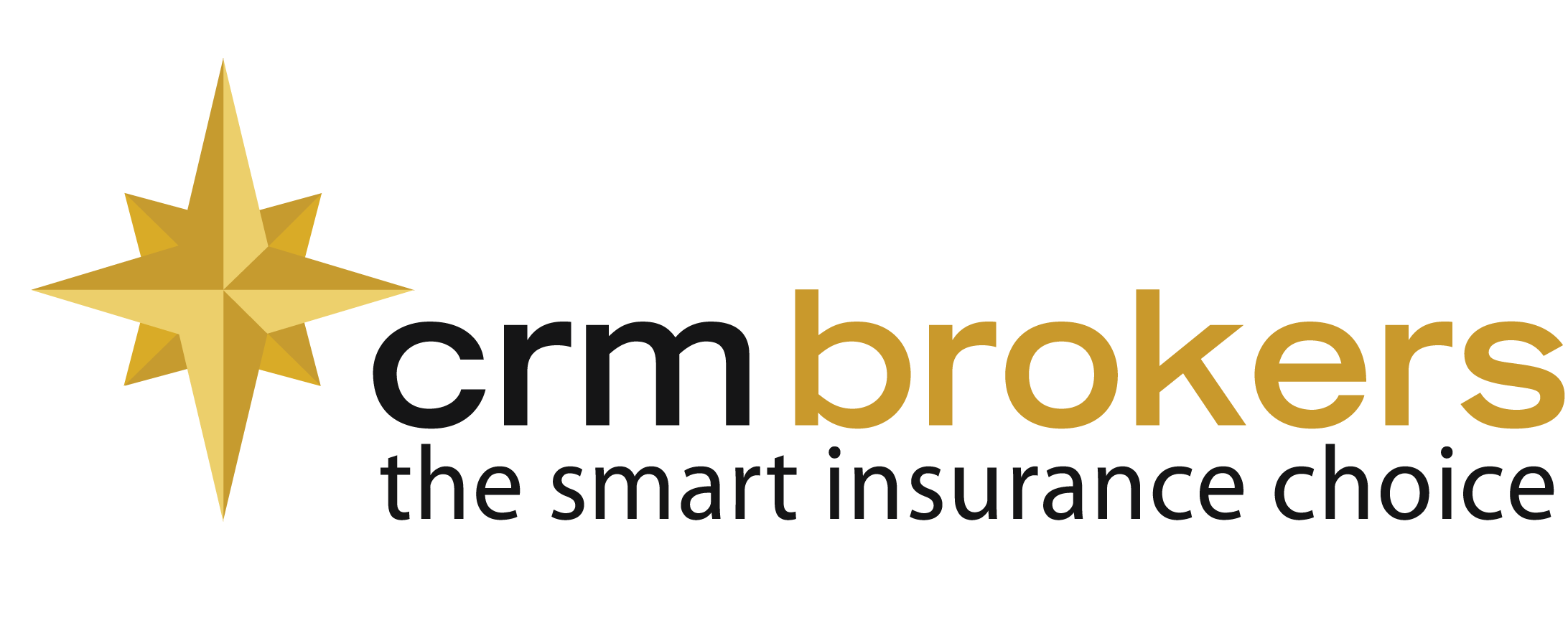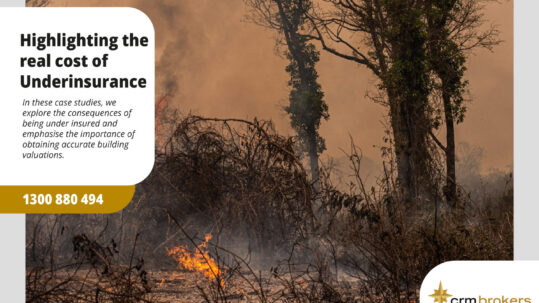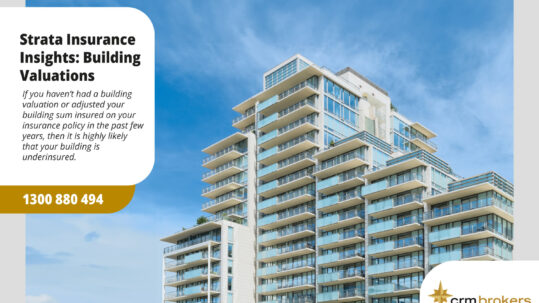
14 May Rising Strata Insurance Premium – Is It Manageable?
Rising Strata Insurance Premium – Is It Manageable?
You may be aware that strata insurance premiums have started creeping up since last year. Strata insurers have advised us that market conditions and the other contributing factors such as changes in underwriting guidelines, CPI, increasing reinsurance costs and rising loss ratios have made a further increase in premiums inevitable.
Factors that affect rising premiums
Hardening Insurance Market
Softening market conditions brought on by increased competition in the insurance market had forced insurers to reduce premiums in order to remain competitive. Pressure to stay competitive meant that the ratio between claims settlements and the reduced premiums collected was increasing for insurers. To manage this, insurers can change their underwriting guidelines when accepting risks. When offering renewal terms, insurers may also increase their excesses as well as their rates to cover costs.
Individual Strata Property Loss Ratio
The Strata Property Loss Ratio is based on the amount of recurring claims incurred at a property. In some instances, recurring claims may result in the insurer declining to offer renewal terms or drastically increasing their premium and standard excess.
Water Damage/Burst Pipe Claims
According to one large strata insurer, 45% of their total claims portfolio in 2017 came from water damage and burst pipe claims. Water damage and burst pipe claims can lead to a series of smaller issues when they are not properly managed and maintained. These issues can then cause significant financial problems to the Owners Corporation due to the insurer opting for premium increases or restricted options at renewal.
Combustible Cladding
Insurers have started asking for more information regarding cladding material to enable them to underwrite the terms at the appropriate premium accurately. Providing minimal cladding information may initiate a premium loading. This is due to the underwriter charging their highest rate due to them assuming the worst case scenario.
Emergency Services Levy (ESL)
The NSW Government made plans to abolish the Emergency Services Levy (ESL) from insurance premiums. This Levy was then going to be charged through Council Rates instead. In anticipating these changes, insurers had charged nil ESL for a certain period in anticipation of these changes. However, this plan was postponed by the government and they re-introduced the ESL to the insurance premium. This means affected Owners Corporations will see an ESL re-appear in their premium next renewal.
How to make it more manageable?
We won’t deny that it is probably the most challenging moment for Owners Corporations with all the issues attaching to their expenditures such as, window locks, cladding, maintenance costs, rectification costs to defects, other non-insurable events and increasing insurance premiums. Therefore, we strongly suggest the Owners Corporation, together with their Strata Manager, to make a plan and be proactive in managing matters within their control. These may include;
- Reviewing the strata’s financial position against current and forecasted expenditures.
- Start making enquiries for an independent cladding inspector (if applicable)
- Reviewing the current maintenance program and commence repairs as soon as possible
- Actioning any risk recommendation/improvements and/or special conditions imposed by the current insurer.
- Commencing the rectification works to defects as soon as possible.
Stay Informed – Connect with us on LinkedIn
Important Notice
This article provides information rather than financial product or other advice. The content of this article, including any information contained in it, has been prepared without taking into account your objectives, financial situation or needs. You should consider the appropriateness of the information, taking these matters into account, before you act on any information. In particular, you should review the product disclosure statement for any product that the information relates to it before acquiring the product.
Information is current as at the date the article is written as specified within it but is subject to change. CRM Brokers make no representation as to the accuracy or completeness of the information. Various third parties have contributed to the production of this content. All information is subject to copyright and may not be reproduced without the prior written consent of CRM Brokers.
Strata Insurance Insights: The Real Cost of Underinsurance
Simply put, underinsurance occurs when the sums insured are not sufficient to co...
11 April, 2024Strata Insurance Insights: Building Valuations
While securing appropriate insurance coverage is fundamental for strata property...
14 March, 2024The Alarming Rise of Business Email Compromise and the Vital Role of Cyber Insurance
In today’s rapidly evolving cyber threat landscape, cybercriminals are con...
27 February, 2024Navigating High-Risk Tenancies and Property Insurance
When it comes to insuring properties with commercial tenants, regardless of whet...
13 February, 2024





